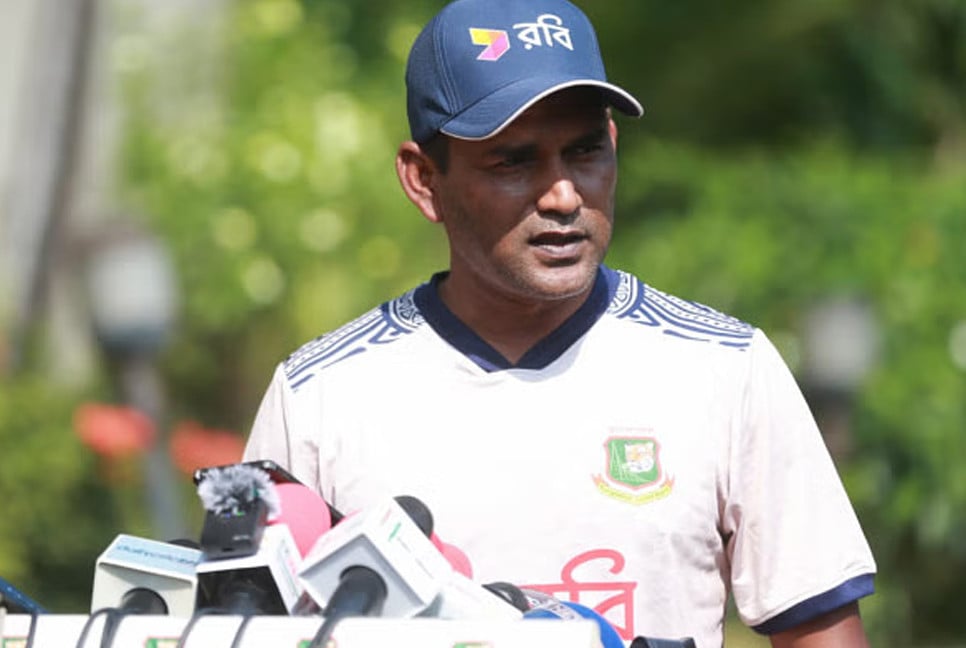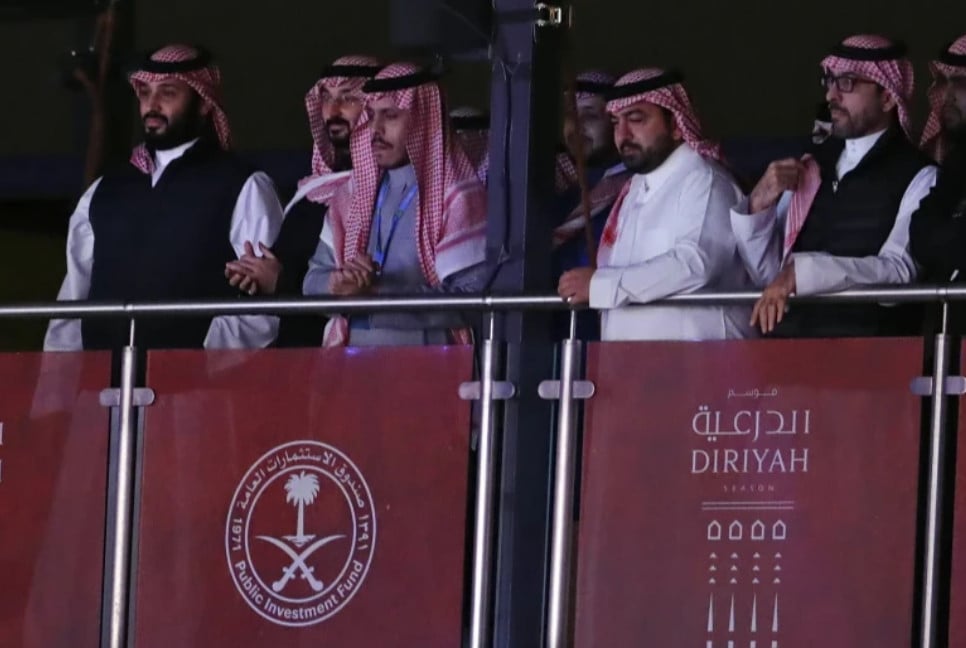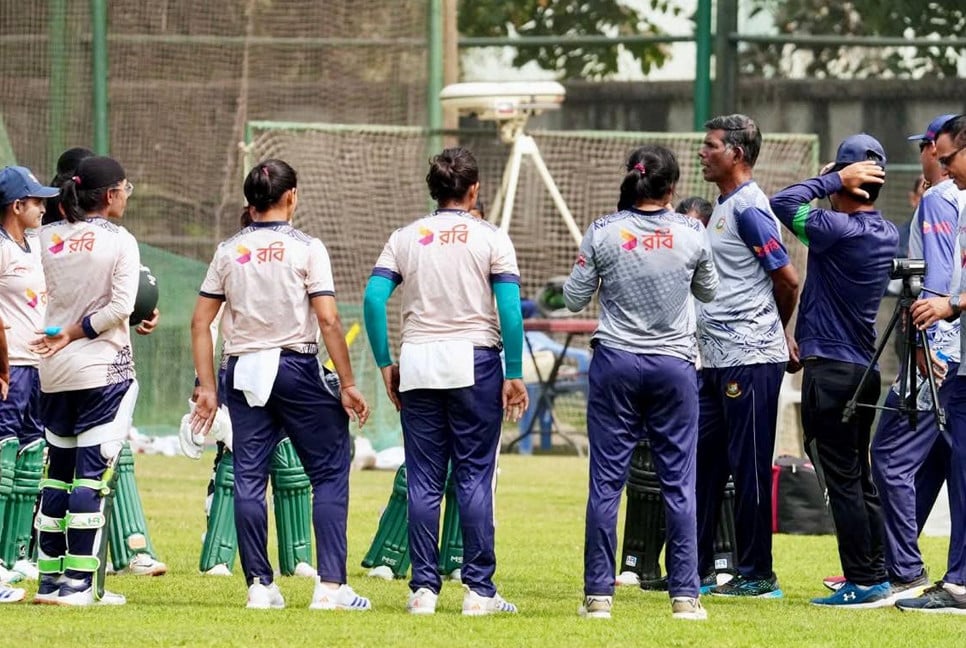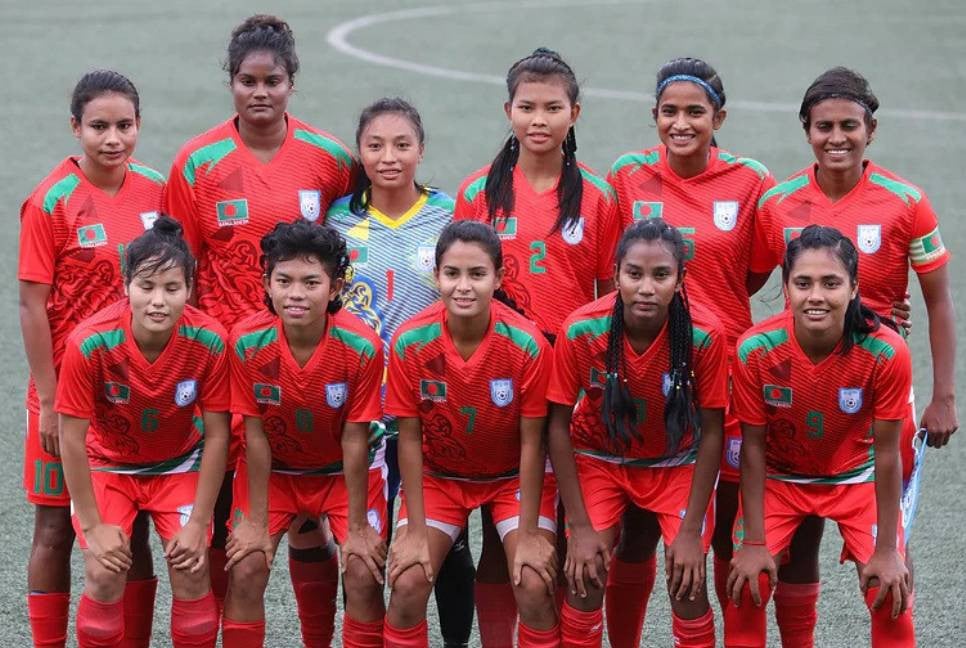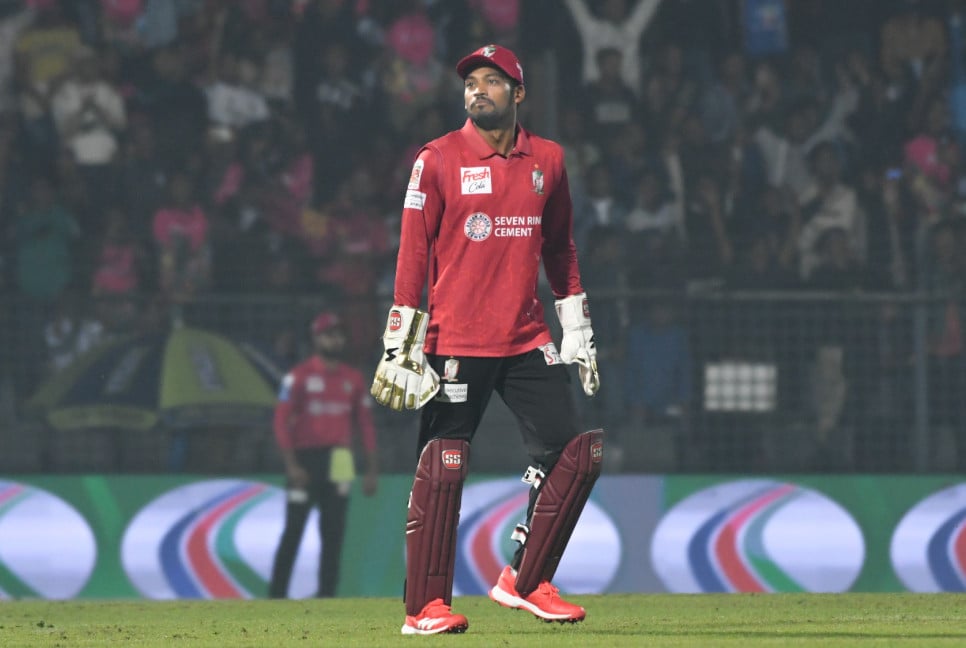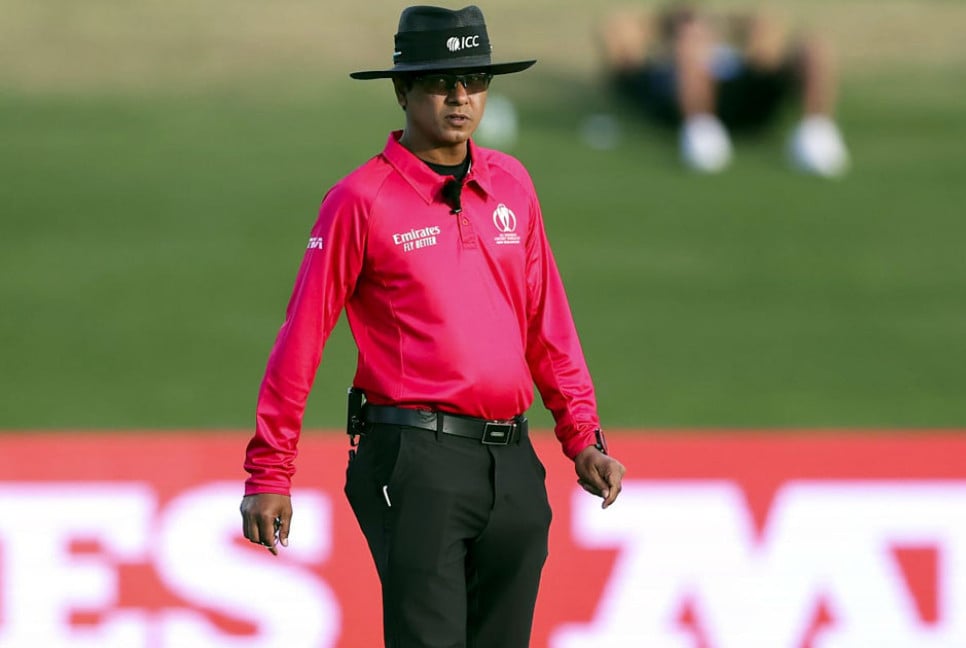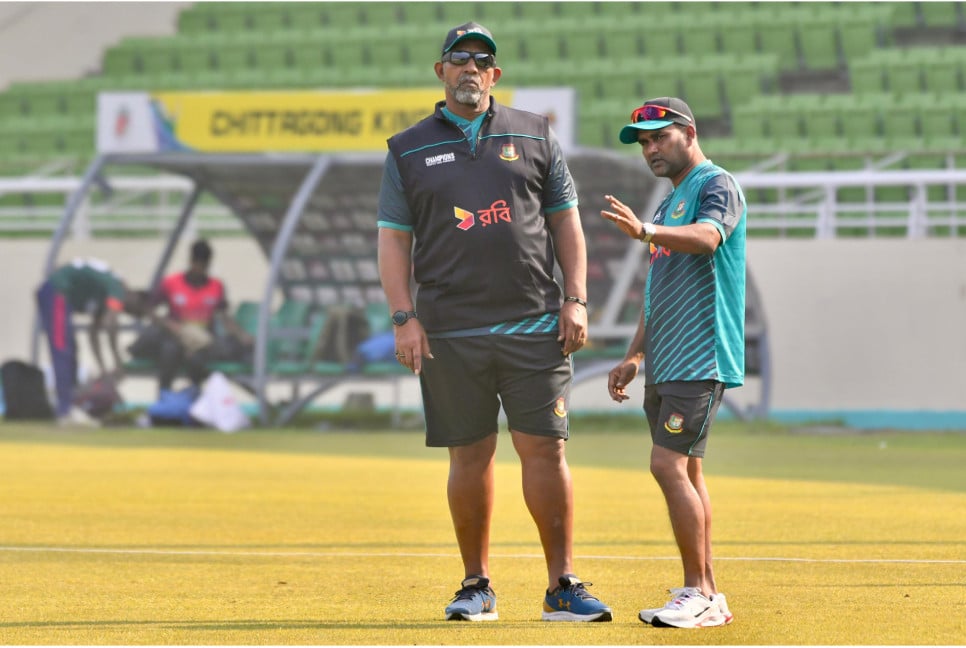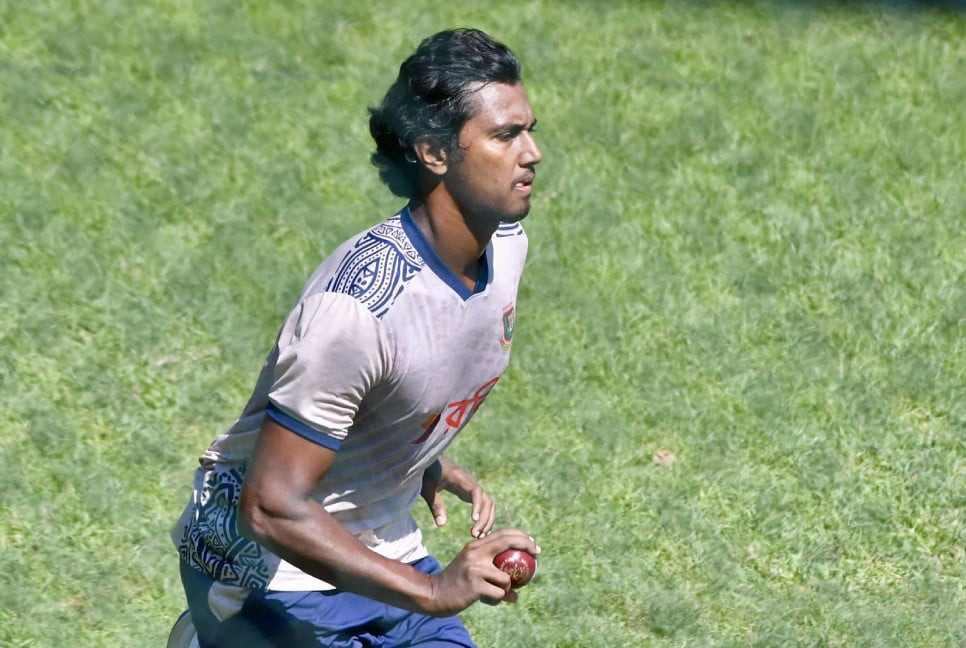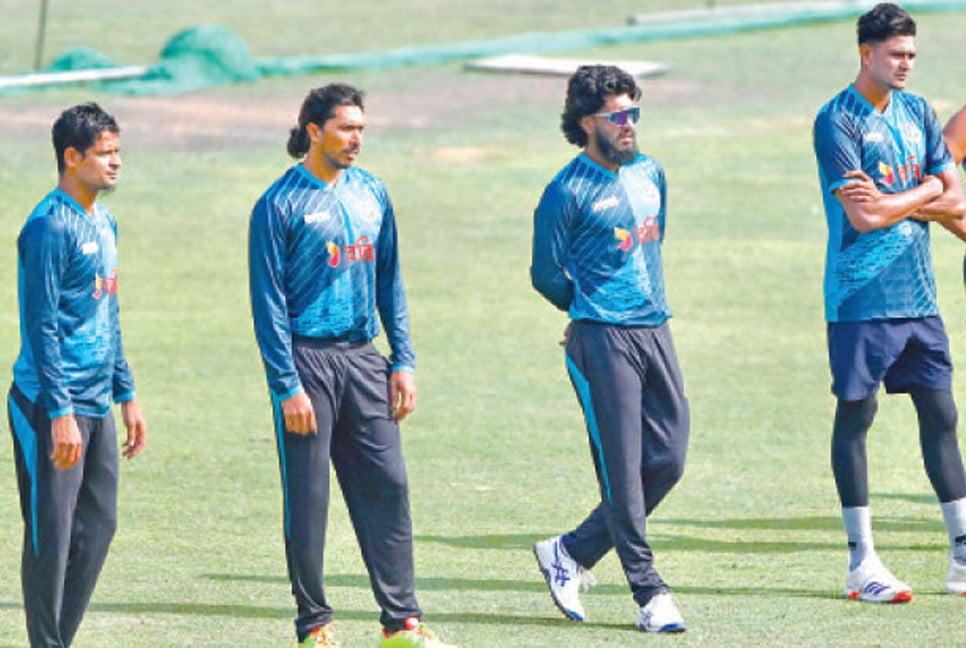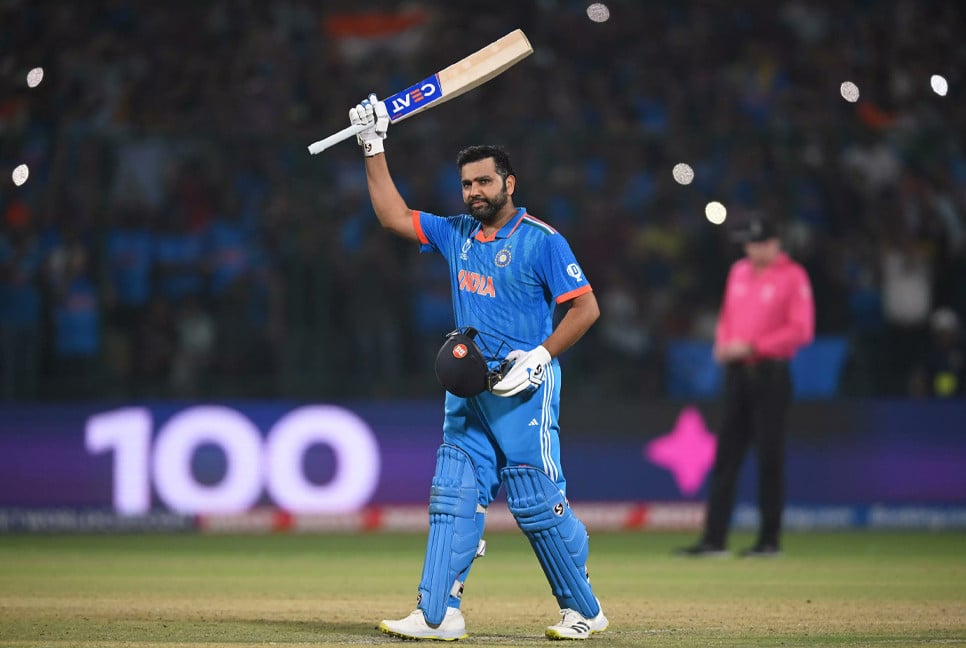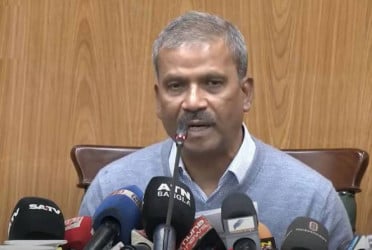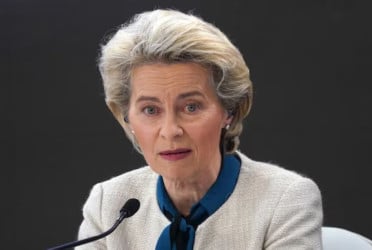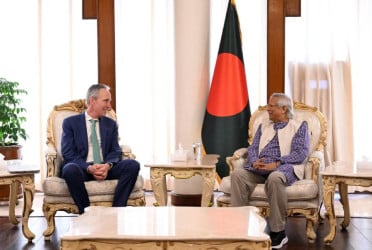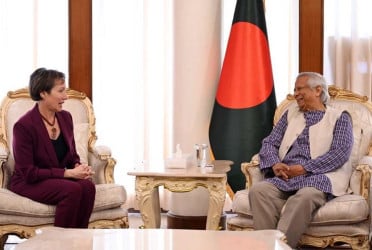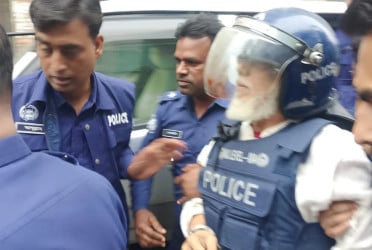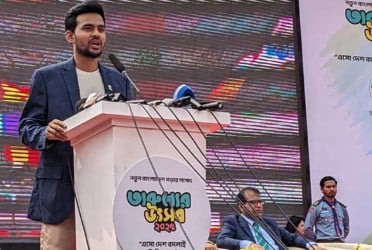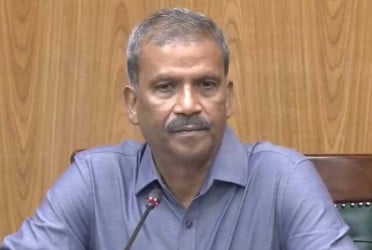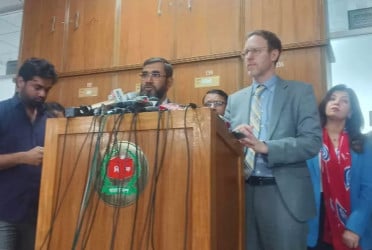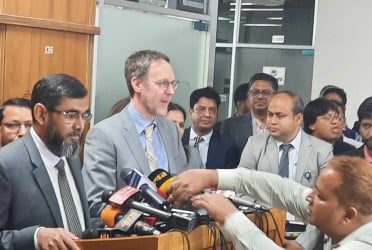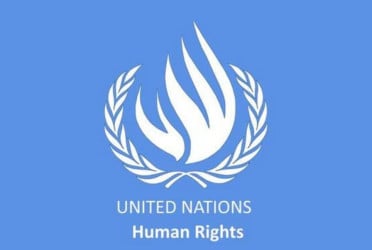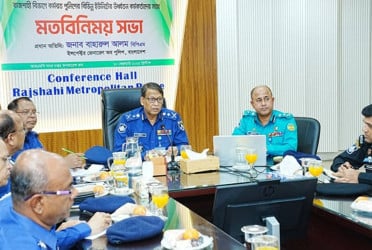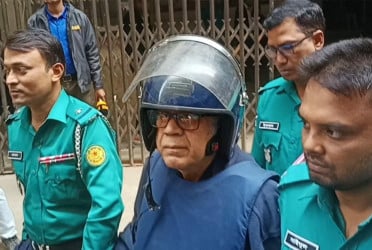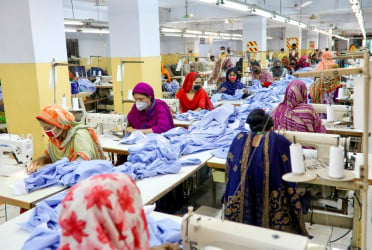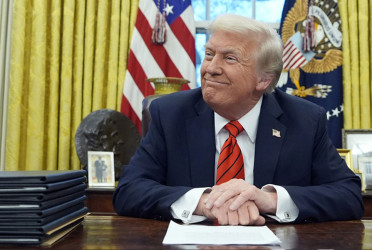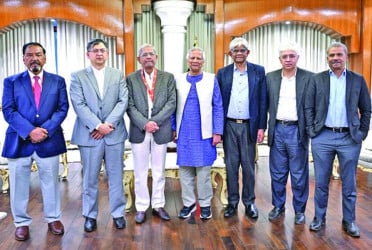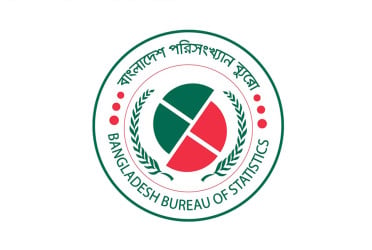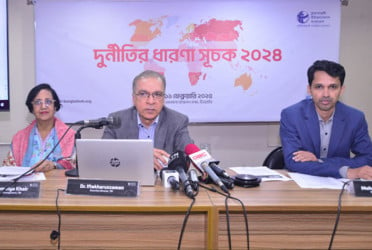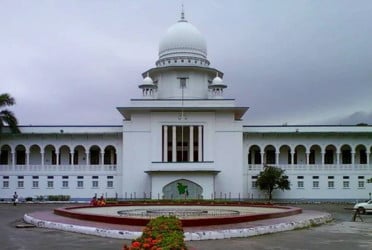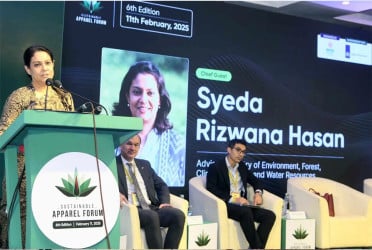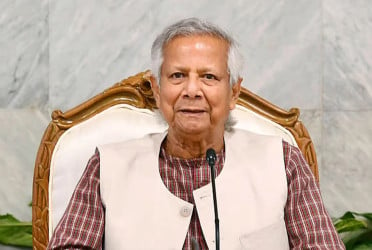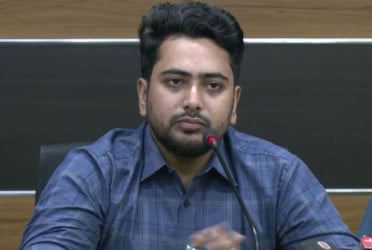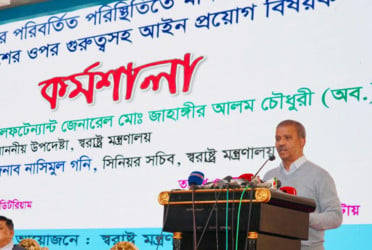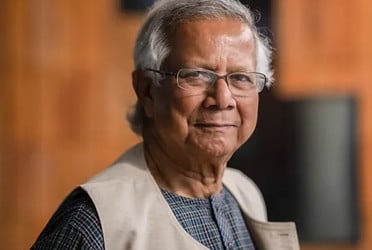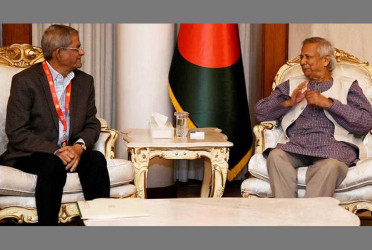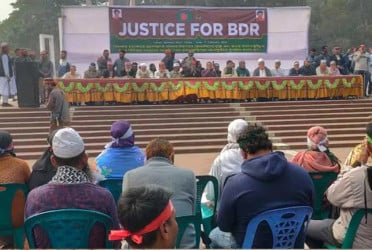Bangladesh Cricket Board (BCB) has long appeared reluctant to entrust significant national team responsibilities to local coaches. However, a breakthrough came when current BCB president Faruque Ahmed appointed Mohammad Salahuddin as a senior assistant coach ahead of the West Indies tour, reports Cricbuzz.
The inclusion of local coaches in the national setup has been a widely debated topic. The decision to appoint Salahuddin has already yielded results. His presence proved invaluable during Bangladesh's tour of the West Indies, where he took over the batting coach role from David Hemp. Under his guidance, the team's batting displayed remarkable improvement.
Salahuddin, who has long been an advocate for creating a platform for local coaches, seems to have impressed the board to the extent that they are now keen to expand local coaches' involvement ahead of the ICC Champions Trophy.
As a result, several local coaches are currently working closely with the national team at Sher-e-Bangla National Cricket Stadium in preparation for the global tournament, scheduled to be held in Pakistan and the UAE from February 20.
BCB's Cricket Operations Chairman Nazmul Abedin told the media that integrating local coaches into the national setup will allow them to experience the challenges of working in an international dressing room.
“Manifolded (reason behind including local coaches with the national team). One is to rub shoulders with the high-profile coaches we have with the national team,” said Nazmul.
"There is usually a distance between the national team coaches, players and the local coaches. But what I feel is that the sense of inferiority (that can be there) will not be there if they are included. It will be easier to compare if they see things closely," he said.
"When they share tasks and ideas with national team coaches, they will feel that local coaches are competent. Self-belief will work here. They will get more focus. It will work as a link for those who work in U-19 or some other team. They will understand how things work and apply that in their respective roles. National team coaches can send them messages on how to coach the lower-tier teams. They will understand it better," he added.
Nazmul, who previously served as BCB's game development manager, emphasized that the presence of local coaches will not only keep foreign coaches on their toes but also help create continuity in Bangladesh's cricket structure.
"They will also bring back insights from the foreign coaches to their respective teams, ensuring an alignment from top to bottom," he said.
Former national pacer Talha Jubair, who transitioned to coaching after retirement, echoed this sentiment. He has been involved with the national setup through the BCB's game development program.
"I joined the national setup to see the bowlers after the BCB Cricket Operations called me. I felt good and coach Mohammad Salahuddin is giving me good access as well as space to work with the bowlers. He is guiding me on what kind of bowling is expected from different types of bowlers and what the team management wants from the bowling unit-like how to pick wickets or restrict runs during the middle overs," said Talha, who recently guided Khulna Tigers to a top-four finish as their head coach in the Bangladesh Premier League T20.
"Look, this exposure is helping us adjust to the national team environment and understand their demands. I've been talking with coach Phil Simmons, and he has been asking about young fast bowlers in the pipeline, as well as batsmen and spinners. Basically, we are creating an alignment and getting a clear guideline," he added.
National head coach Phil Simmons also welcomed the inclusion of local coaches in the setup.
"Salahuddin has been great since joining us. I've only had two days with the other local coaches so far, but it's important for them to be around the team, understand our training methods, and see how things differ from U-19 or domestic coaching," Simmons told reporters on Monday.
Only time will tell whether the BCB will take the next step and appoint local coaches to high-profile national roles. However, for now, local coaches are no longer being treated as outsiders and it's a refreshing change from the past.’
Bd-pratidin English/Tanvir Raihan

